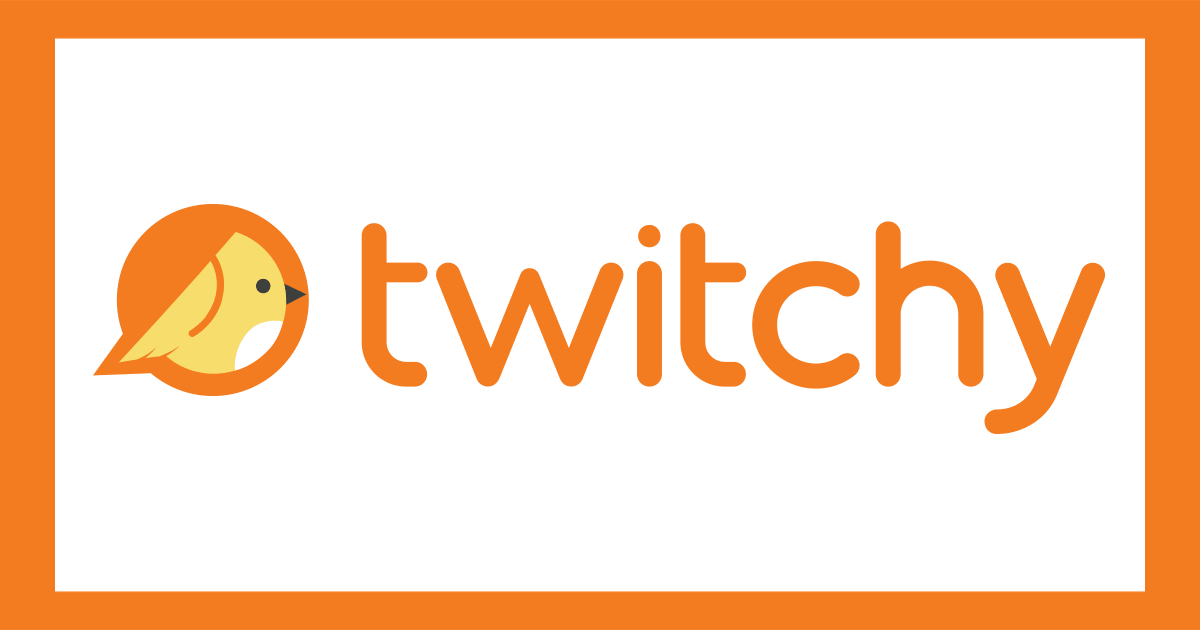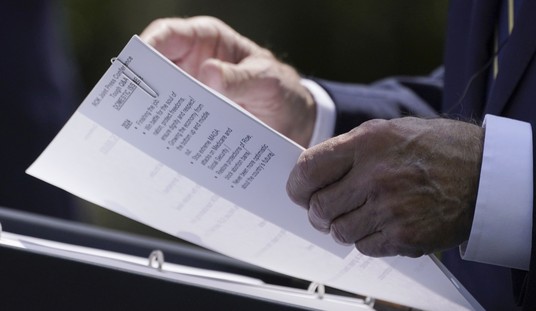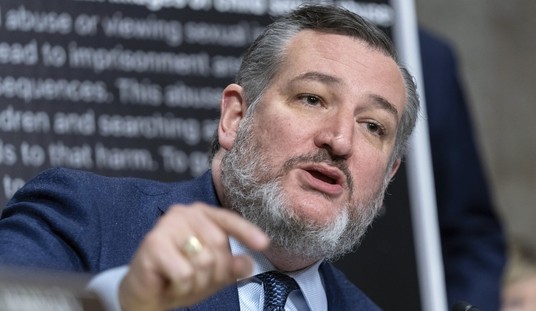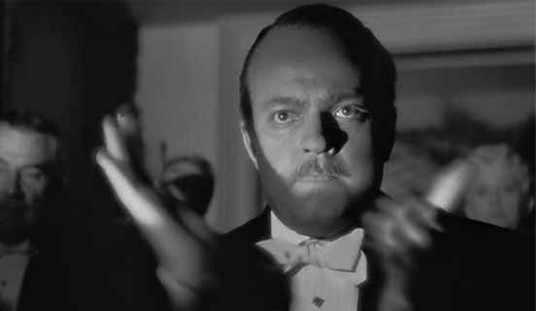If you notice the summer date on this tweet, it’s because I’d set it aside to write about it, but James Lindsay was banned from Twitter and all of his tweets disappeared. Lindsay’s account has been reinstated, so now I can finally write about this piece. You might know Lil Miss Hot Mess as the author of the critically acclaimed children’s book, “The Hips on the Drag Queen Go Swish, Swish, Swish.” What I didn’t know what that Mess had co-authored a paper with a University of British Columbia professor named Harper Keenan that was published in Curriculum Inquiry. Mess and Keenan look at the popularity of drag culture and Drag Queen Story Hour. I keep asking, why is it so important to some people to bring drag queens and young children together? Well, this paper explains “drag pedagogy.”
Why expose so many kids to drag in schools? To stimulate their "queer imagination."https://t.co/W4mxawLNb8 pic.twitter.com/SMvZg1P4gA
— James Lindsay, mansplaining the girl-boss mindset (@ConceptualJames) June 18, 2022
The abstract of the paper reads:
In recent years, a programme for young children called Drag Queen Story Hour (DQSH) has risen to simultaneous popularity and controversy. This article, written collaboratively by an education scholar and a drag queen involved in organizing DQSH, contextualizes the programme within the landscape of gender in education as well as within the world of drag, and argues that Drag Queen Story Hour provides a generative extension of queer pedagogy into the world of early childhood education. Drawing on the work of José Esteban Muñoz, the authors discuss five interrelated elements of DQSH that offer early childhood educators a way into a sense of queer imagination: play as praxis, aesthetic transformation, strategic defiance, destigmatization of shame, and embodied kinship. Ultimately, the authors propose that “drag pedagogy” provides a performative approach to queer pedagogy that is not simply about LGBT lives, but living queerly.
…
We propose that DQSH offers a particular kind of queer framework – what we call drag pedagogy – for teaching and learning that extends beyond traditional approaches to LGBT curricular inclusion. The themes within drag pedagogy, applicable beyond the context of drag itself, move away from vocabulary lessons and the token inclusion of LGBT heroes to begin to engage deeper understandings of queer cultures and envision new modes of being together. We emphasize that drag pedagogy resists didactic instruction and is not prescriptive. Instead, it artfully invites children into building communities that are more hospitable to queer knowledge and experience.
Mess, as an organizer of Drag Queen Story Hours, admits they have a self-serving agenda.
This is just astonishing, but it speaks to a point I make a lot: Queer Marxists don't seem to know why boundaries exist. That is more than sufficient to keep them away from children, period. pic.twitter.com/tTdS2RcUng
— James Lindsay, mansplaining the girl-boss mindset (@ConceptualJames) June 18, 2022
Recommended
This is a real sentence in this paper: "Before we sashay into the world of drag queens and children, let’s get a few things clear (or, queer)."
— James Lindsay, mansplaining the girl-boss mindset (@ConceptualJames) June 18, 2022
Again, this is in the education journal Curriculum Inquiry.
“Play as Queer Praxis”:
Instead, our understanding of play is rooted in a spirit of amusement without a productive outcome. While drag has some conventions, it ultimately has no rules – its defining quality is often to break as many rules as possible! Thus, drag can be thought of as a kind of queer praxis that may be especially well-suited to early childhood education, not because of any qualities essential to young children, and instead because early education is one of the few remaining school settings that encourages play.
Ugh. "Drag loves to turn rejection into desire, transforming the labour of performance into the pleasure of participation."
These people should not be allowed near children.
— James Lindsay, mansplaining the girl-boss mindset (@ConceptualJames) June 18, 2022
Liberals are making an all-out, across-the-board push to convince as many children as possible that they're gay, trans, or should be sexually interested in adults. We're really not all that morally far from liberals making an open push for child molestation
— John Hawkins (@johnhawkinsrwn) June 19, 2022
This whole paper 😬😬😬
— Christopher F. Rufo ⚔️ (@realchrisrufo) June 18, 2022
Is one of the author's names on this supposedly "scholarly" paper literally Lil Miss Hot Mess? Or am I hallucinating?
— Colin Wright (@SwipeWright) June 18, 2022
In many minds, this is an actual area of serious scholarship. 😂
— Sarah Parshall Perry (@SarahPPerry) June 18, 2022
It’s not difficult. They want your kids.
— Sorta something (@James_Hiler) June 18, 2022
“Research article” 🙄
— I Love Biscuits (@ILoveBiscuits49) June 18, 2022
“Queering Elementary Education”
“Sexuality In Children’s Entertainment” pic.twitter.com/fhmuczW8sT
— Jamie Duff (@JamieDuffDevOPs) June 18, 2022
When you look up Drag Pedagogy, there are a surprising number of published articles on the subject. There is tolerance of alt-lifestyles which exist at the fringes of society and but this is a concerted effort to mainstream activities that do not belong in classrooms.
— ConvexityReturns (@convexity888) June 19, 2022
What’s the argument? Drag queens belong in first-grade classrooms because they stimulate imagination and sow tolerance among children that will stay with them their whole lives. You can’t trust their parents to not raise them “cisnormative.”
Related:
NBC News journo: Parents are cool with kids being exposed to sex, so they should shut up about drag shows https://t.co/nsUfNOD6Up
— Twitchy Team (@TwitchyTeam) November 25, 2022
























